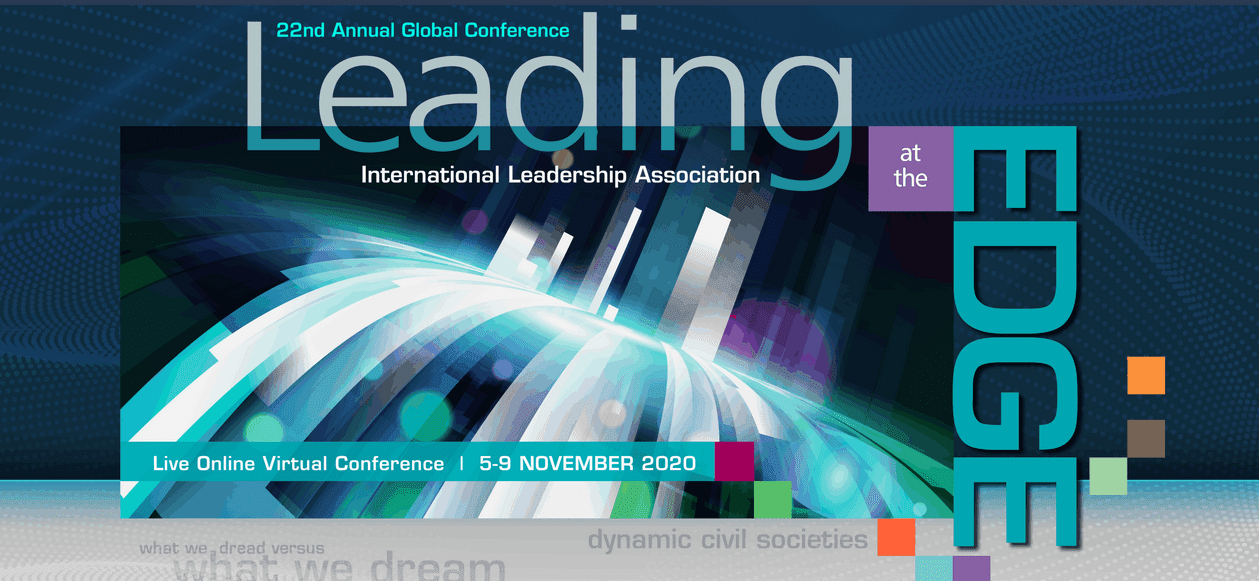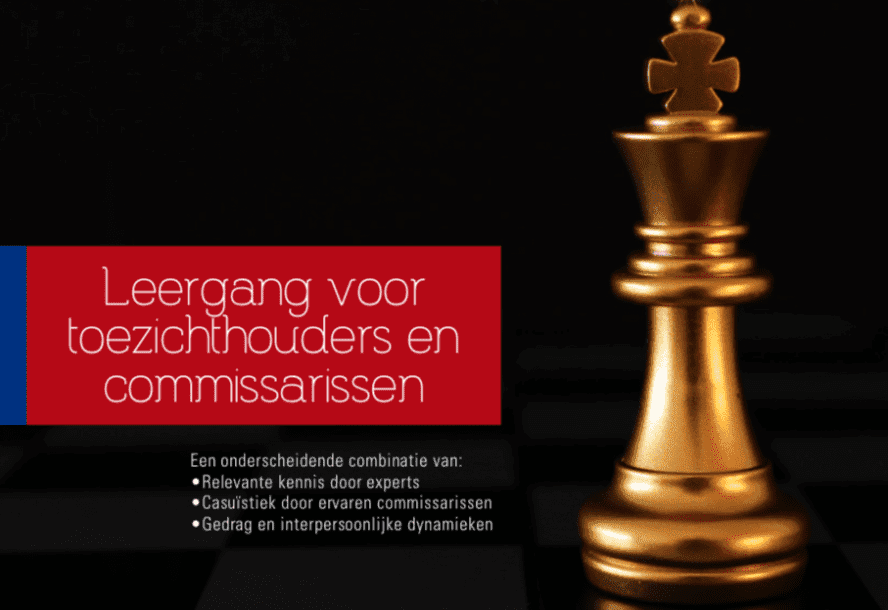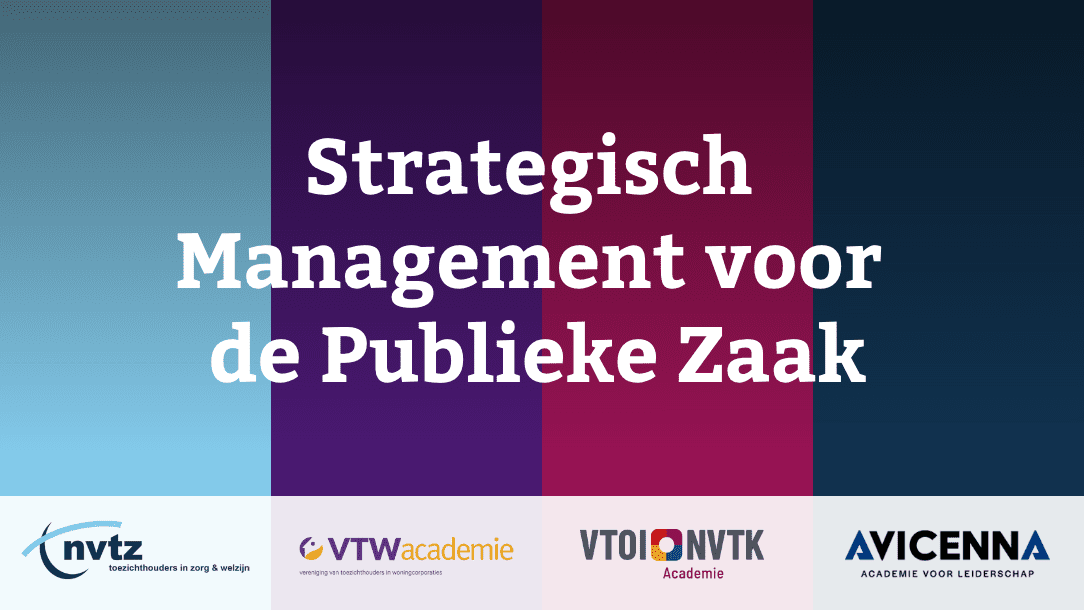
- Dit evenement is voorbij.
Roundtable at ILA (International Leadership Association) Virtual Global Conference 2020
5 november 2020 - 9 november 2020

Steven de Waal will host a roundtable at the ILA (International Leadership Association), Virtual Global Conference, 5-9 November 2020:
The Battle for New Public Leadership: Rhetorical Skills Versus Character and Values?
The new internet technologies have disrupted markets. They now also lead to disruption of democracy and public services, giving increasing power to citizens. Level 1 in this disruption of democracy is classical as the disruption we now know from markets: persons from outside politics now win elections, mostly by using the platforms and new media channels better than their opponents. Level 2 of this disruption of democracy is still more specific and fundamental: the rise of private persons, while staying outside politics and even explicitly avoiding every connection with it, winning public leadership in addressing specific public concerns or issues, mostly better and more explicitly than the incumbent ‘professional’ politicians.
This leads to two major questions about public leadership (and the vision and expectations on leadership in general), that Dr. Steven P.M. de Waal will address in this roundtable session:
Question A. Is the new public arena only rewarding rhetorical skills and not true character and right values?
Question B: Is there (internationally) proof of this second level disruption: Are there now more examples of new private persons gaining public leadership from outside politics?
Disruption in markets and marketstrategies has its roots in the new internet technologies. They gave us platforms, apps, websites and social media. This same technological revolution now also leads to disruption of democracy, politics and public services, because it gives new powers of information, data, exchange and self organization to citizens. It’s no longer just about technology, but now about power, institutional change and changes in the necessary public authority and leadership.
Two levels of this disruption can be analyzed. Level 1 is classical as in the markets: persons from outside politics suddenly win elections, using the new technologies better and more systematic, like Beppe Grillo in Italy, Trump in USA and Johnson in UK. Level 2 is still more fundamental, because it changes the battle ground as such: the political arena is no longer dominant, we now see the rise of private persons, without participating in the political arena and not even having any political ambition, directly winning public authority and public leadership, like Greta Thunberg and many informal leaders organizing bottom up now all kinds of public protests, like in Hong Kong and Beirout.
This leads to two major questions about leadership.
Question A. Is the new public arena not only rewarding rhetorical skills to address this new permanent public grandstand and so, are true character and the right values no longer important in winning positions of public leadership? Because this new public arena is so dominant and people now have the power of opinion, public protest and massive organization all leadership, not only formally public or political, but also that of private companies and organizations, must be willing and capable of addressing this new public arena. This will of course influence heavily the selection processses for all kinds of leaders everywhere. So this disruption of the public atmosphere can lead to a change towards a totally new kind of leadership, and maybe not for the best.
Question B: Do we see proof of this second level disruption (and maybe in terms of leadership this is more promising and hopeful than the first disruption?): Do we observe the rise in countries around the globe of these new private persons gaining public leadership?
The main purposes for Steven de Waal to initiate this meeting is:
1. To discuss these findings and analyses with people from all kinds of backgrounds and countries and
2. To investigate and collect data and examples from around the globe that might support or refute these issues.
Download a brief overview of his topic that Dr. De Waal’s used during the Interactive Roundtable Discussion.
Find out more about the start of this international discussion with Dr. De Waal at ILA’s Global Conference in Ottawa in 2019.

